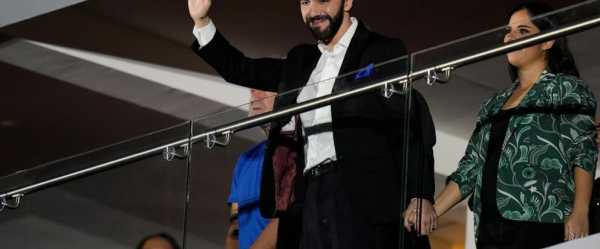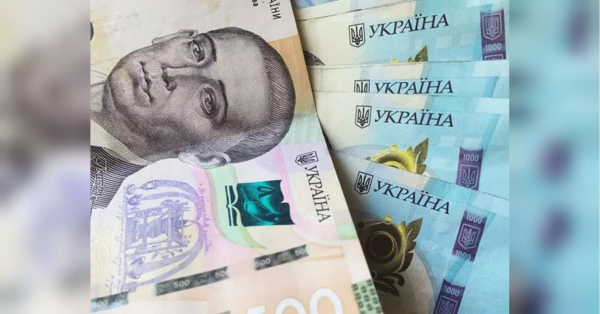
SAN SALVADOR, El Salvador — El Salvador President Nayib Bukele has registered to run for reelection next year, his party announced Monday, despite objections from legal experts and opposition figures who say the country’s constitution prohibits his candidacy.
The constitutional question may not play a big role in the 2024 race, because Bukele's approval ratings are running above 80% in many polls, following a reduction in crime stemming from his harsh-but-popular crackdown on gangs. Also, a top court panel picked by his allies has ruled that he can run.
Bukele’s New Ideas party announced his registration and that of Vice President Félix Ulloa via Twitter Monday.
“New Ideas are invincible,” the party wrote.
Bukele is popular in El Salvador but considered controversial internationally. He announced in September that he planned to seek a second five-year term. That came after the Constitutional Chamber of the Supreme Court, handpicked by his supporters in congress, ruled in 2021 that his candidacy for reelection was permitted and ordered the electoral court to allow it.
Constitutional lawyers, however, have maintained that Bukele’s candidacy would violate at least four articles of the constitution, including article 154, which states: “The presidential term will be five years and will begin and end on June 1, without the person who has held the presidency being able to continue in their functions even one more day.”
Lawyer Eduardo Escobar, of the civic group Citizens' Action, said “Bukele has no right to reelection. If he he does that, it's against the constitution." Rubén Zamora, of the opposition group Citizens' Resistance, said “the president's party is tapping him to run again, even though the constitution says that is prohibited.”
While constitutional bans on reelection were once common in Latin America — where some countries have a history of “caudillo” strongmen perpetuating themselves in power — those term limits have been removed, overturned or ignored in a number of cases, including Honduras, Nicaragua, Venezuela and Bolivia.
Bukele has led a crackdown on the country’s powerful street gangs that has landed more than 68,000 people in jail on suspicion of gang ties. Rights groups say some appear to have been rounded up based simply on their age, appearance or place of residence.
Despite suspending some fundamental rights for more than year, the measures have been widely popular. Communities that lived under the constant extortion and violence of the gangs are returning to life.
“Nobody can deny that the country has changed,” said Petronila Zepeda, a homemaker returning from a market in San Salvador, the capital. She said she no longer has to pay protection money to gang members.
“People are happy with the way things are going,” Zepeda said.
Sourse: abcnews.go.com






